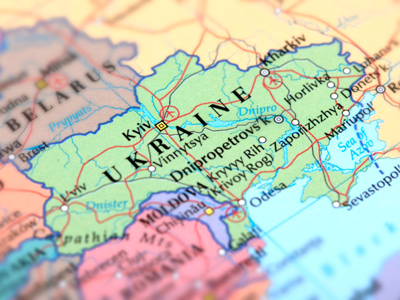
Russia: 1917-1921 - Lenin And The Consolidation Of Soviet Power
This World History quiz is called 'Russia: 1917-1921 - Lenin And The Consolidation Of Soviet Power' and it has been written by teachers to help you if you are studying the subject at senior high school. Playing educational quizzes is one of the most efficienct ways to learn if you are in the 11th or 12th grade - aged 16 to 18.
It costs only $12.50 per month to play this quiz and over 3,500 others that help you with your school work. You can subscribe on the page at Join Us
In 1917 Vladimir Lenin and his Bolsheviks overthrew the Provisional Government in St. Petersburg and Moscow. Thereafter they had to fight a bruising civil war against all of their opponents, only emerging victorious after three years of struggle. Thus Lenin only had a short while in power before dying in 1924.
Ready for more?
not all...
quizzers. Try to win a coveted spot on our Hall of Fame Page.







